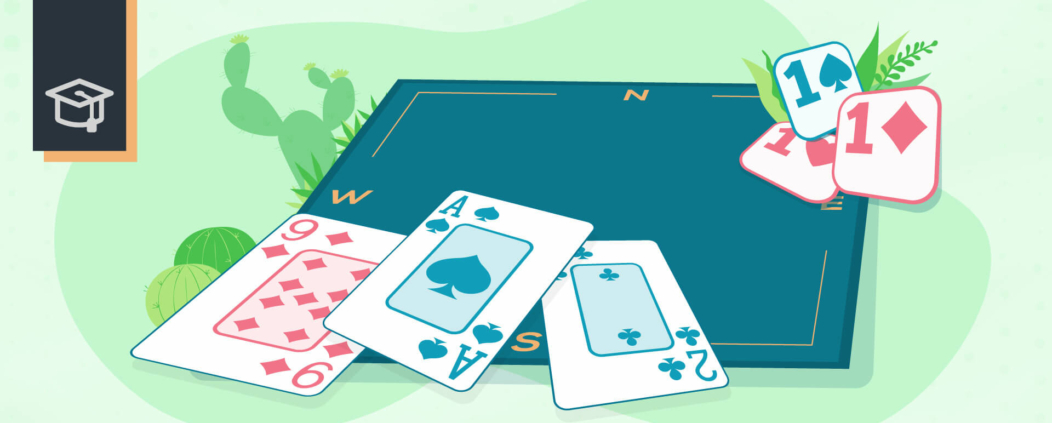
A powerful system: Transfer over opener’s jump rebid of 2NT
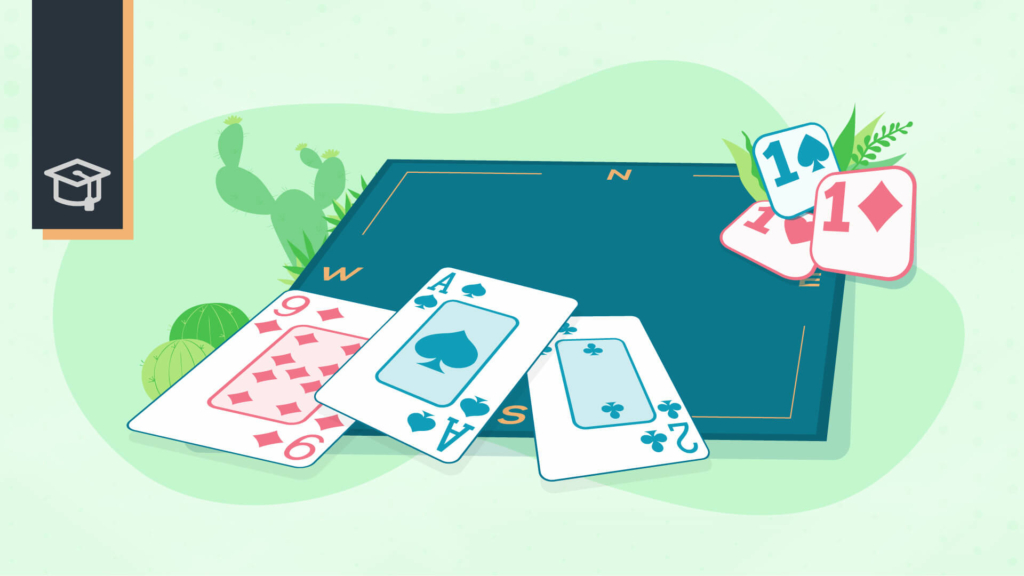
In the French standard system, when we start 1m-1M-2NT, the other minor elongates responder’s major, but that’s about it. It is possible to go much further in the description of all sorts of hands under the condition of adopting a system that combines transfer and double relay responses. Attention, it requires that you and your partner are on exactly the same page, or you can experience disasters
1. Preambule
We will limit our study to 1♥ to 1♠ responses. Rebidding 2NT after the response of 1 of a major shows balanced or semi-balanced hands in the 18-19HCP range, without four Spades. With four Spades, we will therefore act in the following way:
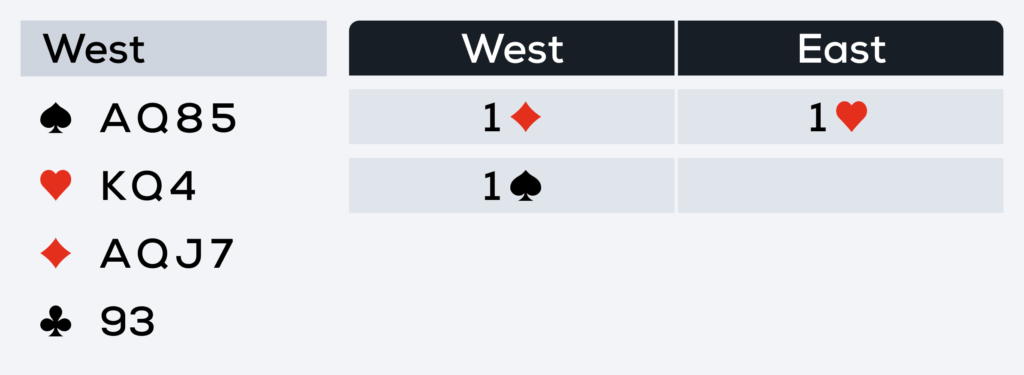
or
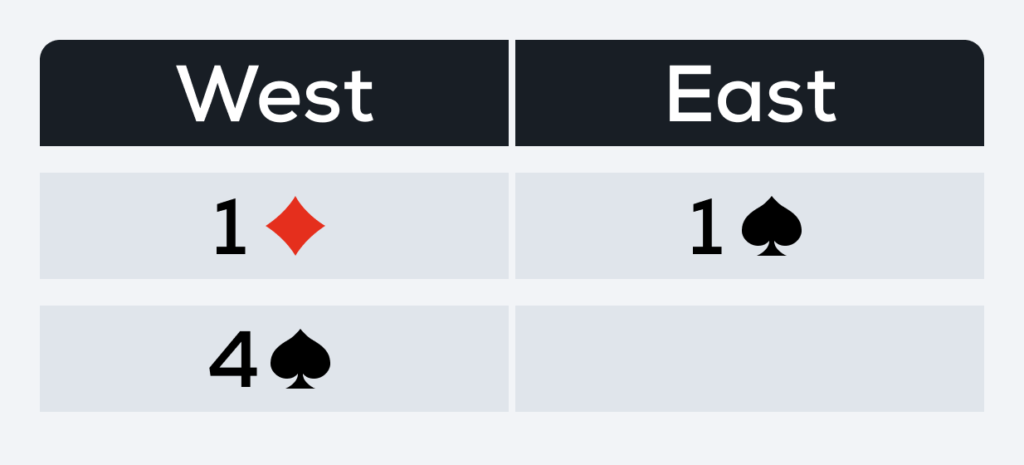
The French standard system (a good standard system!):

- 3♣ → Natural raise.
- 3♦ → New minor forcing (showing at least five cards in the major).
- 3♥ → Natural, four cards. If five cards -> slam ambitions (else jump to 4♥).
- 3♠ → Slam ambitions, at least six cards.
2. Modifications of the system after 1♣ or 1♦
1/ Two General Principles
a) Major-suit transfers
Responder can either “repeat” his major via a transfer, or, after he bid 1♠, use a transfer to show his second suit, Hearts. We therefore have three transfer sequences:

- 3♥: almost mandatory.
- 4♥: exceptionally, a maximum hand with a fit.
- 3NT: never.

- 3♠: almost e Exceptionally, a maximum hand with a fit.
- Exceptionnally 4♠, maximum hand with a fit.
- 3NT: never.

- 3♥: four Hearts, does not deny three Spades.
- 3♠: three Spades, not four Hearts.
- 3NT: neither three Spades nor four Hearts.
Examples
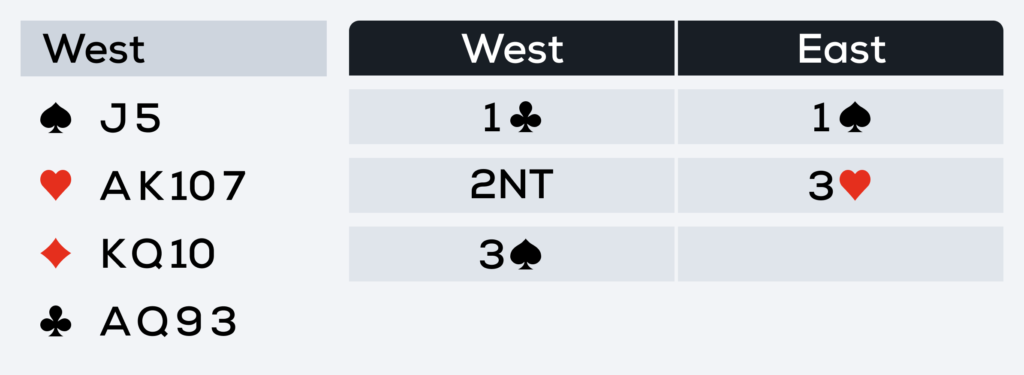
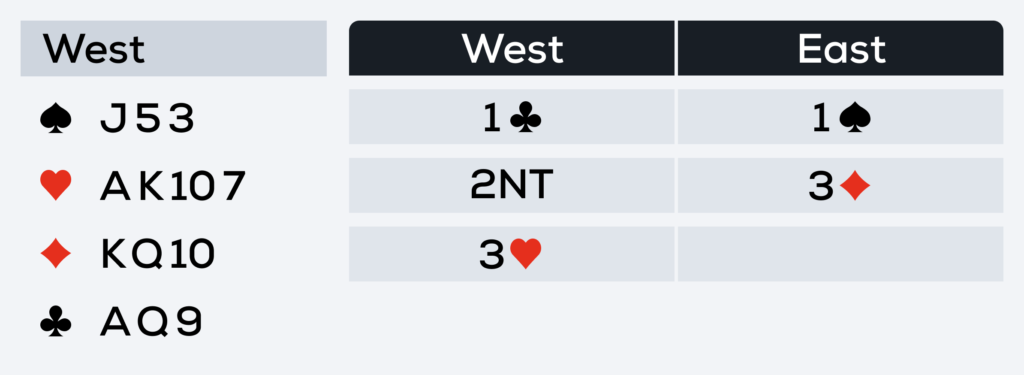
You need a Funbridge Premium or Premium+ subscription to keep reading.
To access the full article, please log in with a valid Premium or Premium+ account.



